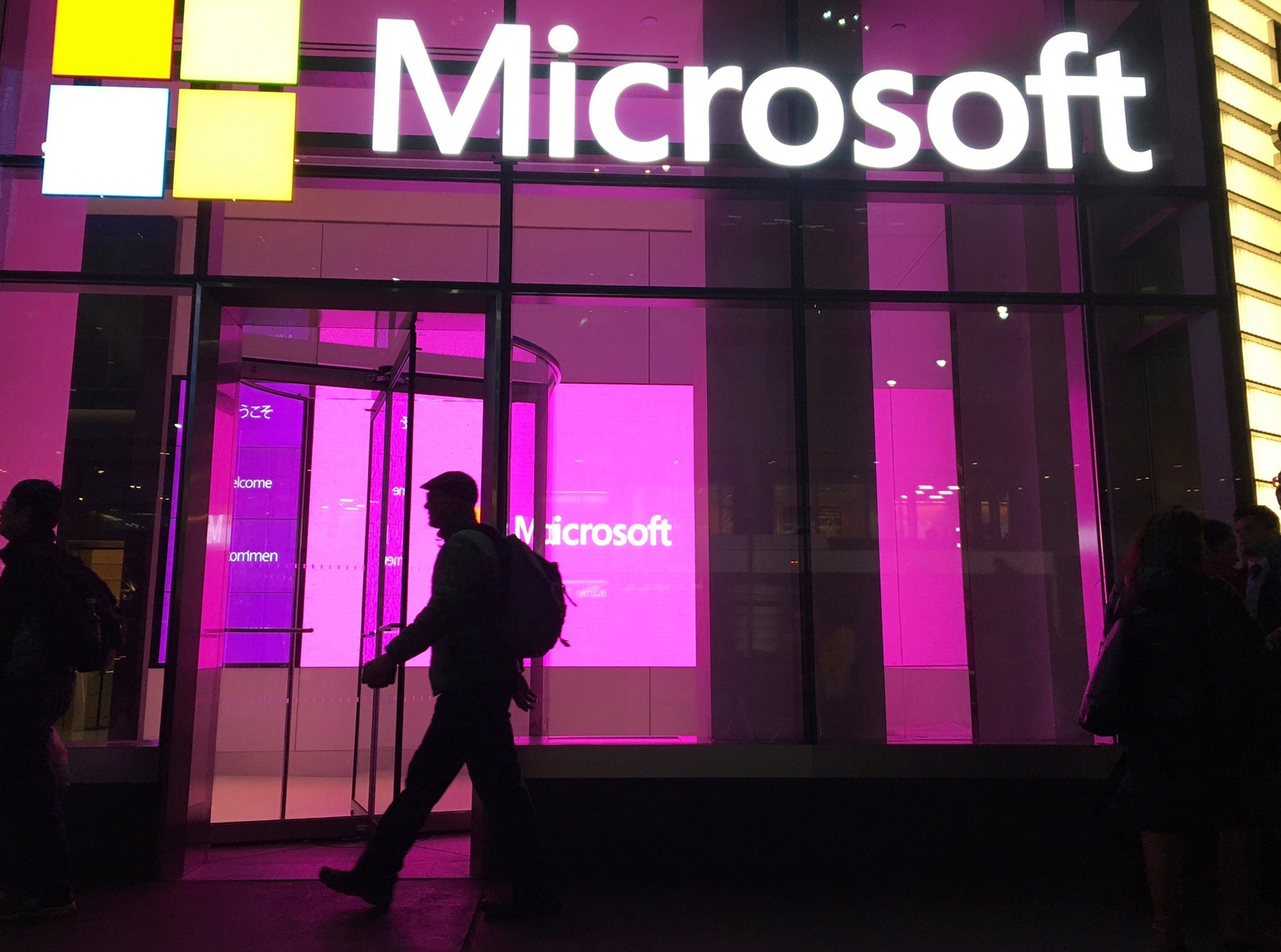Microsoft becomes first major tech firm to give in to pressure from Right to Repair movement
Investor advocacy non-profit As You Sow filed a movement asking Microsoft to assess the ‘environmental and social benefits’ of user device repair

Microsoft has said it will take steps to facilitate ‘right to repair’, which would allow consumers to fix their own devices.
The software giant and the investor advocacy non-profit As You Sow reached an agreement after the group filed a movement in June asking Microsoft to assess the “environmental and social benefits” of user device repair.
The company has now said that it will study how increasing access to parts and information needed to repair, and will act on the findings by the end of 2022.
“We’ve seen shareholder resolutions become a significant tool for climate activists,” Kerry Sheehan, the US policy director at the repair guide site iFixit, told Grist, which reported the news.
“We’re seeing it get adopted in the repair context as well in part because these are very connected.”
As You Sow filed its shareholder resolution in June, but withdrew the resolution in exchange for Microsoft agreeing to hire an independent consultant to study the benefits of right to repair, carbon emissions, and waste.
“Microsoft came back with different legal counsel and representatives on the line and said, ‘We are really changing our tune on this issue, we think this study is a great idea, let’s work together to make this change,’” Kelly McBee, the waste program coordinator at As You Sow said a “night and day” change compared to its previous attitude - which McBee claims was a “very antagonistic view of repair”.
In a statement to Grist, Microsoft said: “We believe customers are entitled to repair options that are safe and reliable. We currently provide customers with repair services that ensure the high quality of repairs, safeguard customers’ privacy and security, and protect customers from injury.
“As You Sow asked us to investigate the connections between our sustainability commitments and device repairability. It was a productive discussion, and we have agreed to undertake that important study, the results of which will be used to guide our product design and plans for expanding device repair options for our customers.”
Right to repair movements have gained traction in Europe and in the United States. Companies that sell consumer electronics such as refrigerators, washers, hairdryers, or TVs in the European Union will need to ensure those goods can be repaired for up to 10 years; similar legislation was passed in the UK.
In July 2021, a right to repair law was unanimously backed by the FTC, with Chair Lina Khan saying that restrictions on the law “can significantly raise costs for consumers, stifle innovation, close off business opportunity for independent repair shops, create unnecessary electronic waste, delay timely repairs and undermine resiliency”.
Other companies, such as Apple, have taken a mixed stance against the legislation. It has argued that allowing people to open up and fix their own devices would pose a danger as well as hampering its own designs.
In emails published in June 2020, former director of corporate communications Lori Lodes said that Apple was supporting right to repair options while “actively fighting Right to Repair legislation … in 20 states”.
Apple also fought against right to repair laws in Nevada, Bloomberg reported, and used trade groups to push talking points that right-to-repair “would have gifted hackers with digital keys to thousands of Internet-connected products.”
Apple did not respond to a request for comment from The Independent at the time.
Join our commenting forum
Join thought-provoking conversations, follow other Independent readers and see their replies
Comments